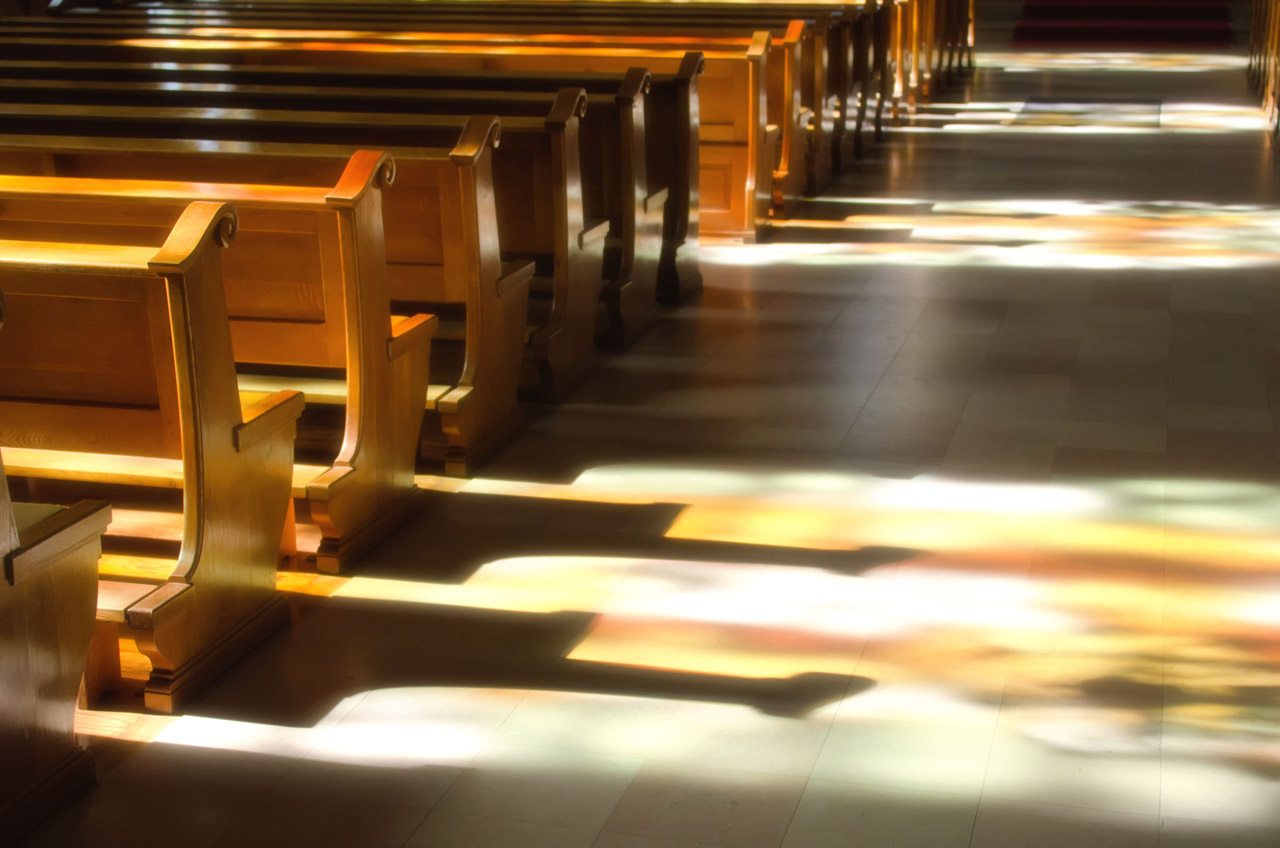CHARLESTON, S.C. (BP) — The massacre of nine Christians during a prayer service at Emmanuel AME Church in Charleston, S.C., highlights the need for all congregations to implement security measures, a security expert told Baptist Press.
“The biggest obstacle for churches is just not believing that [a violent attack] could happen at their churches,” said Jimmy Meeks, a Southern Baptist police officer in Hurst, Texas, who presents church security seminars across America. People “don’t listen to what needs to be done until they believe it needs to be done.”
Since 1999, there have been at least 971 incidents in which “deadly force” was employed at faith-based organizations in the U.S., according to statistics posted online by church security expert Carl Chinn. Those incidents resulted in more than 550 deaths, with more deadly force incidents occurring in Baptist churches than among any other group, according to Chinn.
Prior to the Charleston slayings, the most notorious church shootings on record included a 1980 attack at First Baptist Church in Daingerfield, Texas, that left five people dead and 15 injured, and a 1999 shooting at Wedgwood Baptist Church in Fort Worth, Texas, in which a lone gunman killed seven people and wounded seven more before committing suicide. In 2009, pastor Fred Winters died from four chest wounds sustained during a shooting at First Baptist Church in Maryville, Ill.
Though some church violence garners widespread media coverage, violent deaths continue at a rate of more than 30 per year even when there is little media attention.
Establishing and training a security team, Meeks said, is the most important way a church can protect itself from violent intruders. He added that small and large churches alike need security teams.
“You have got to train” a security team, said Meeks, who has been interviewed by TIME and NBC since the June 17 shooting in Charleston. “… Men don’t rise to the occasion. They sink to the level of their training.”
Ideally, a church security team should consist of active and retired law enforcement professionals along with carefully selected and trained laypeople, according to GuideStone Financial Resources of the Southern Baptist Convention. The team’s duties should include assessing risks, establishing a plan for responding to security threats and making sure the church has adequate insurance coverage to help victims if a crime occurs.
GuideStone’s online Safety Toolkit provides information on various facets of church security, including the prevention of violence. Among GuideStone’s recommendations for protecting a church against crime:
— Install fire and burglar alarm systems that automatically alert a manned security station whenever an alarm sounds.
— Install adequate dusk-to-dawn or motion-sensitive lighting around buildings.
— Landscape church property to eliminate hiding areas close to buildings whenever possible.
— Secure windows, basement entries and external stairways.
During worship services, Meeks said, a church should position security team members strategically in the worship center as well as in the parking lot. If suspicious individuals enter the church, security team members should approach them without being unfriendly and even sit with them if possible.
Security team members should be armed in states where it is permitted by law, Meeks said. If the security team does not carry weapons, it is crucial to confront and tackle a violent intruder immediately, even if doing so requires a security team member to sacrifice his life.
“You don’t have a lot of options” regarding violent intruders, Meeks said.
The popular WWJD campaign years ago always depicted Jesus as doing “something sweet” and often overlooked Christ’s cautious or protective actions, Meeks said. “What about John 2:24b-25 — Jesus ‘knew all men, and needed not that any should testify of man: for he knew what was in man’? What’s wrong with not trusting people you don’t know? Be watchful of them.”
In addition to guarding against violent attacks, church security teams must focus on sex crime prevention, Meeks said. He noted that at one point during the past decade, 23 sex crimes were reported at U.S. Protestant churches every day.
GuideStone’s website recommends, among other child sexual abuse prevention measures, screening all children’s and youth workers as well as requiring that at least two adults be present in every room where children’s ministry occurs.
GuideStone guides to sexual abuse prevention are among more than 20 resources for sexual abuse prevention available at sbc.net under the “Resources” tab. A 2013 SBC resolution on “sexual abuse of children” encouraged “pastors and church leaders to develop and implement sound policies and procedures to protect our children.”
To guard against these and other security threats, Meeks underscored the importance of training security team members. One training option is Sheepdog Seminars, an organization for which Meeks and Chinn serve as speakers, but Meeks said a Google search for “church security training” will yield many helpful training choices. Churches also may contact their local Baptist state conventions for help with security resources.
“Whosoever will, let him come” should be the attitude of congregations toward guests, Meeks said. “But keep an eye on him if you’re not familiar with him, if he’s acting odd.”





